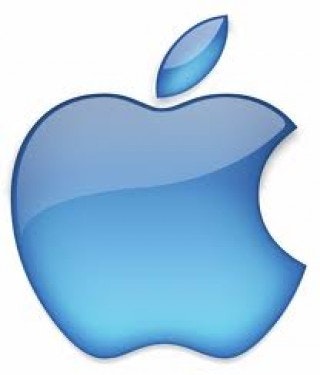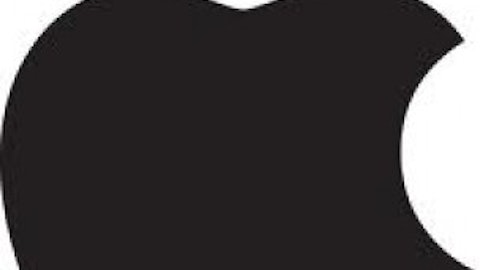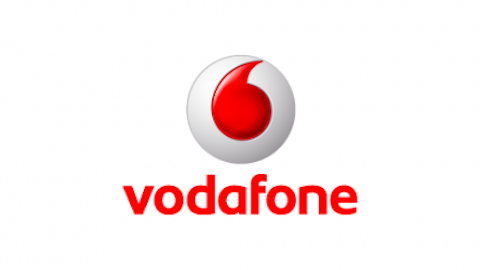Apple Inc. (NASDAQ:AAPL)‘s downward spiral that started in late September eroded billions of dollars from the market. The investors who remained loyal to the stock and didn’t sell out then are now left in utter disappointment. One such investor, the famous hedge fund manager and founder of Greenlight Capital David Einhorn, just couldn’t take it anymore. He’s recently came out and decided to sue the tech giant in an effort to push the company management to return some of the lost value back to shareholders using the billions of dollars hoarded in cash.
Einhorn proposes a preferred stock issuance plan. Contrarily, Mad Money’s Jim Cramer is proposing that Apple Inc. (NASDAQ:AAPL) should instead use that cash in crossing-over to other industries. He proposes buying companies like Twitter or Netflix. And then we have our fellow Fool blogger, Andres Cardenal, who proposes a share buyback for Apple. The possibilities are endless and shareholders should rest assured that, now that they’ve been sued, Apple management is seriously considering each potential route at the moment.

Survival 101
Symbiosis, a biological term I learned in high school biology, explains the interaction between two different species in which both benefit (mutualism), one benefits and the other neither gets harmed nor benefits (commensalism), and one benefits and the other gets harmed (parasitism), as well as some other types. Interesting, sure, but why the biology lecture in a financial blog? Well, because I think there’s a lesson for Apple Inc. (NASDAQ:AAPL) to learn from it.
Technology Mutualism
In a space where almost every other competitor exists in symbiosis with one another, Apple Inc. (NASDAQ:AAPL) is left alone, all by itself to survive in this huge, perpetually growing, and fast-evolving technology industry. Look, for instance, at Nokia Corporation (ADR) (NYSE:NOK) which, at last, sensibly decided to give up its flopping Symbian OS to adopt its competitor’s OS–Windows 8. Stephen Elop finally gave in to the fact that his company needed rival Microsoft Corporation (NASDAQ:MSFT)’s assistance to survive. Together, the two benefit each other today. Nokia is finally selling ‘smartphones,’ not just phones, and Microsoft is starting to claw back some of its lost market share.
Out of the 6.6 million units Nokia sold in Q4, only 2.2 million were its Symbian phones. On the other hand, the Microsoft Windows 8 OS-based Lumia phones accounted for more than two thirds (4.4 million) of Nokia’s total units sold. The stock more than doubled following the news of Lumia phones’ sell-out. Likewise, Microsoft’s Windows OS’ fourth quarter market share also climbed to 2.6%, which is a 150% increase from the same quarter from the prior year. Both companies appear to be better positioned in this mutualistic relationship.

Similarly, the mighty Google Inc (NASDAQ:GOOG) gives away its Android OS to Samsung for free, letting it use its biggest applications ecosystem (second only to Apple Inc. (NASDAQ:AAPL)). In return, Google earns ad revenue from Samsung buyers, the biggest buyer-base of a mobile vendor in the world now.
Pride Hath a Fall
In contrast, Apple’s hubris is now starting to cut it right at its roots. Steve Job’s brainchild, which rose to become the (only) winner in the space, bringing Research In Motion Ltd (NASDAQ:BBRY) Blackberry and Nokia to the verge of extinction thanks to its ‘unique appeal’ may not be so different anymore, after all. Hence the shift of consumer taste to its substitutes. You may argue, and I agree, that the tech giant is still incredibly profitable and continues to hold the biggest market share of smartphones and tablets in the US. However, we must also acknowledge the fact that there’s a world beyond the US and that Apple (both its products and stock) may now be starting to lose that ‘it’ factor. How else do you explain the stock price slump and the Q4 miss?
Additionally, until a new product like the Apple TV is launched, the company is bidding farewell to its high growth years and now entering the later, stable growth, mature phase of its product cycle. To maintain its stronghold in the industry and create an ecosystem of its own that is as big, long lasting and monopoly-like (caution: monopolies are controversial) as Google’s, it’s about time that Apple starts forming similar mutualistic associations. Imagine if Apple took advantage of the Microsoft-Google rift and had a few million dollars spent to have MS products and services no longer be Android-compatible, and in return, the iDevices ran Bing as the default search engine; what would that do to Google?
A synergistic acquisition or two wouldn’t hurt either. Acquired brands can retain their names, operations, and maybe even management, and function as partially or wholly-owned subsidiaries. It’ll not only help bring diversification to Apple’s operations but also help it sit at the top of the food pyramid and get fed in revenues by these subsidiaries at the bottom. Say if it were to acquire Facebook, as Cramer suggests, Apple could cause a massive blow to its rivals by blocking Facebook on non-Apple devices. Saying ‘there will be no Facebook’ is like saying ‘the world is coming to an end.’ Believe it! The model could be much like Amazon.com, Inc. (NASDAQ:AMZN)’s–just as you buy a Kindle, you’re forced to shop at Amazon. And we know how much the Wall Street loves AMZN.
Here’s to hoping that Apple management will pay some heed to investor concerns and finally put the cash hoard to its best use.
The article A Lesson for Apple from High School Biology originally appeared on Fool.com and is written by Palwasha Saaim.
Copyright © 1995 – 2013 The Motley Fool, LLC. All rights reserved. The Motley Fool has a disclosure policy.





